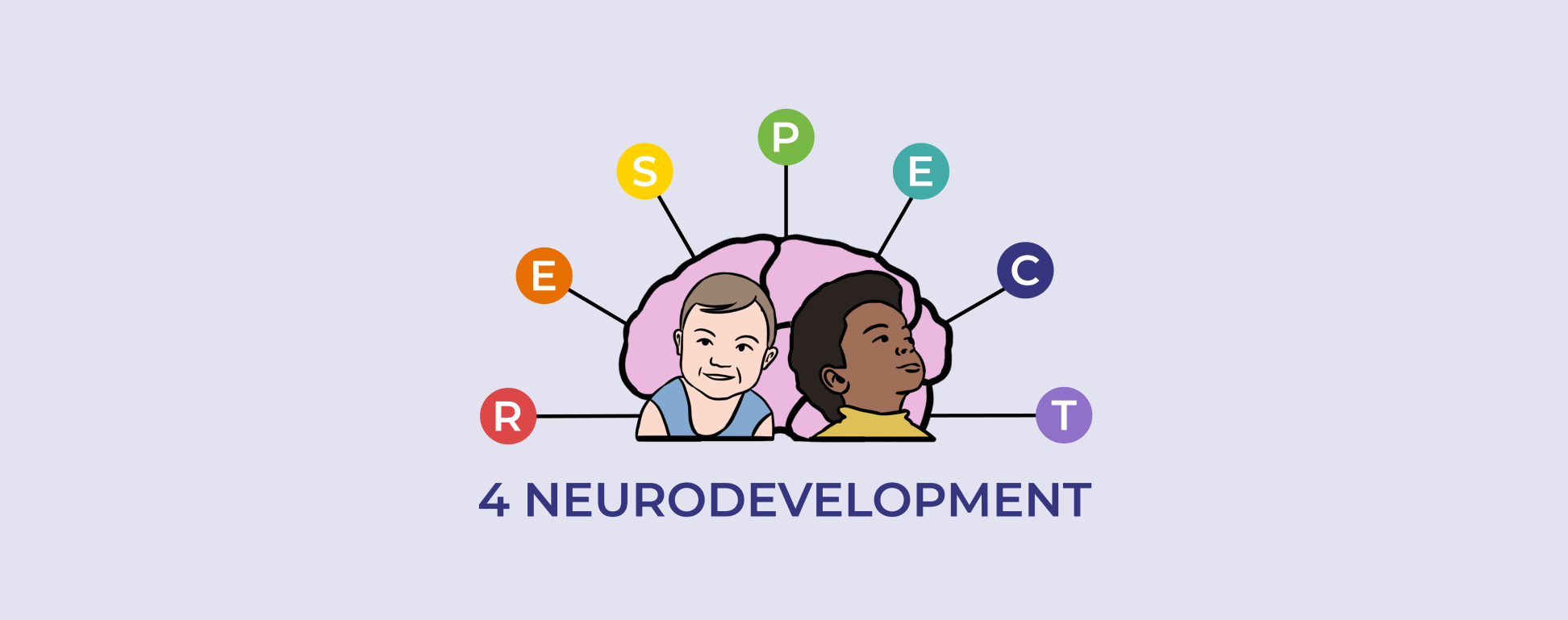We have a growing Neurodiversity and Participatory Research group with lived experience. This includes autistic adults, adults with ADHD, parents and relatives of children with a range of neurodevelopmental conditions, SEN teachers and other neurodivergent professionals.
Note that many members of our Participatory Research group wear multiple hats.
RESPECT 4 Neurodevelopment will carry out participatory research as part of our Responsibility working group. We also facilitate participatory research by advertising specific projects by our network members to our Participatory Research Group. This may include qualitative research (focus groups, interviews) or larger-scale surveys. Where possible, we encourage researchers to consult the NPRA and PRG during the design stage of interview schedules or surveys, to ensure that questions are easily understood by neurodivergent people or to get insights about possible missing areas for which input from neurodivergent people could be valuable.
If you would like to draw on this collective knowledge base, please contact the network directly.


